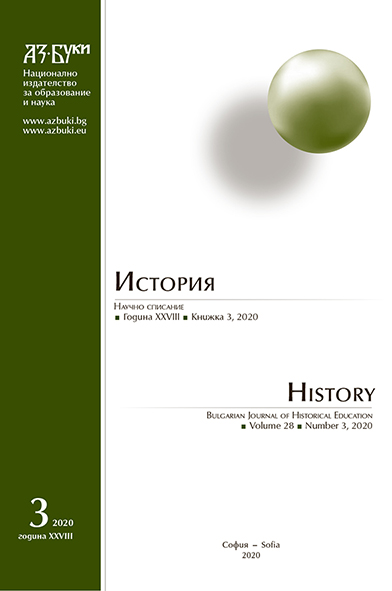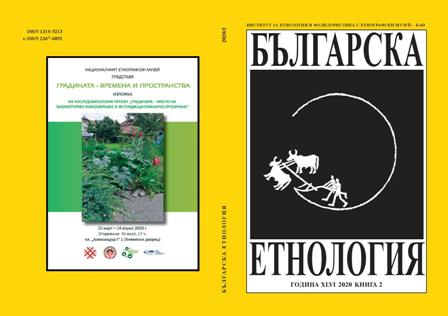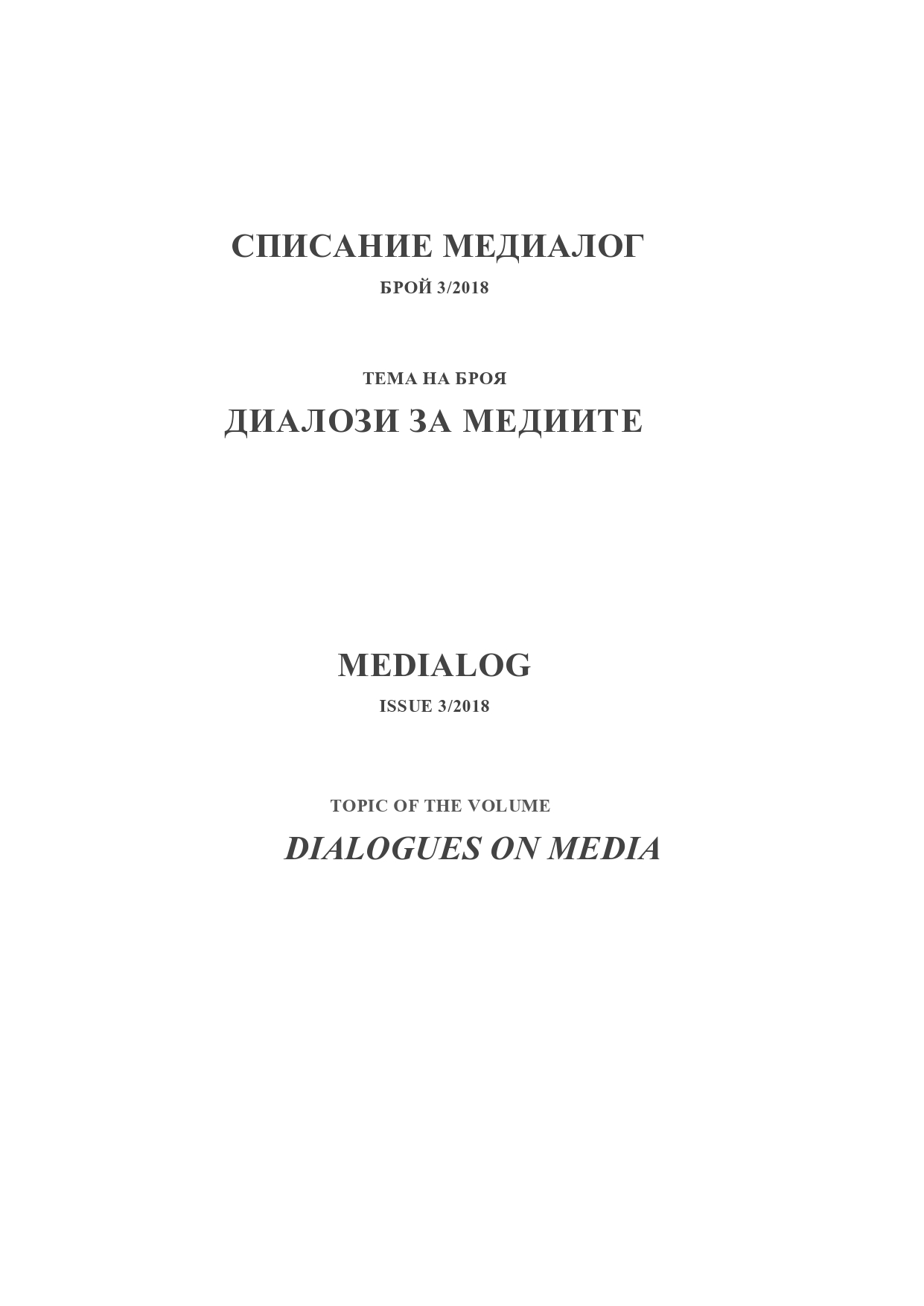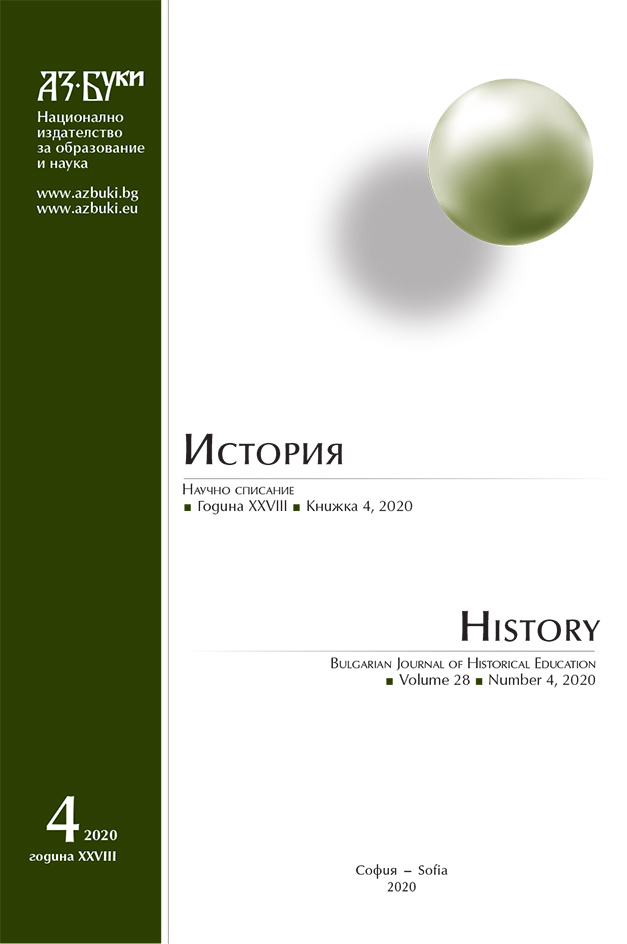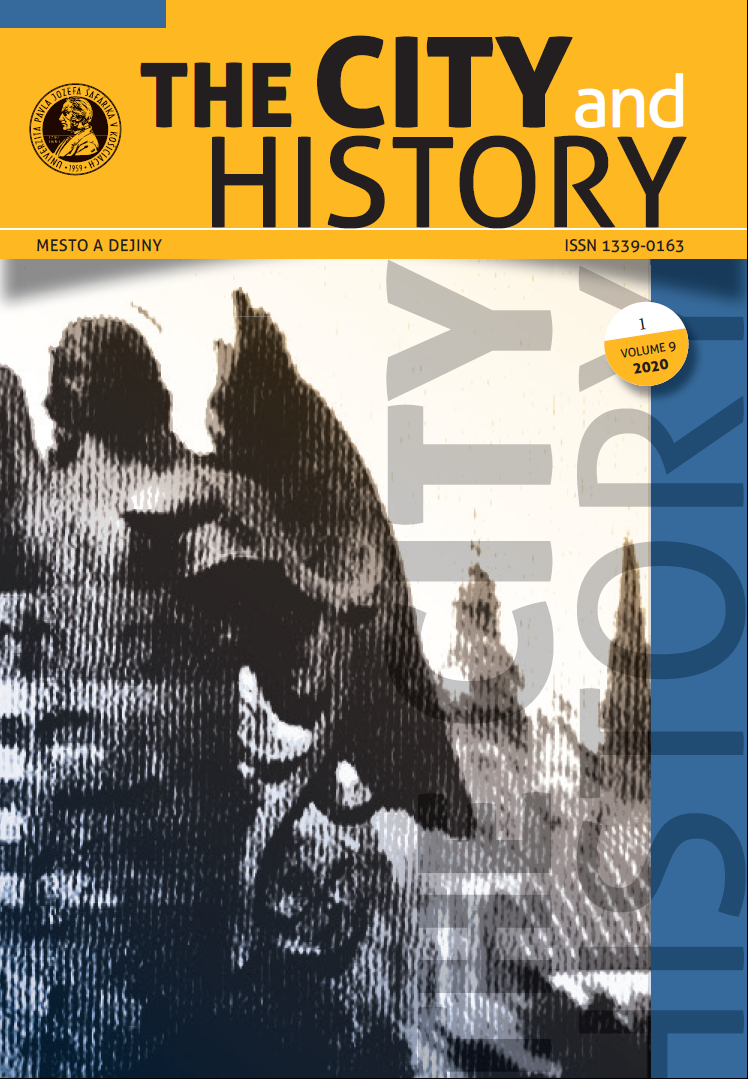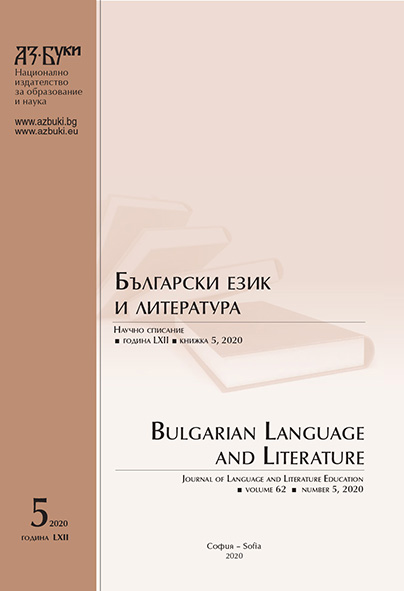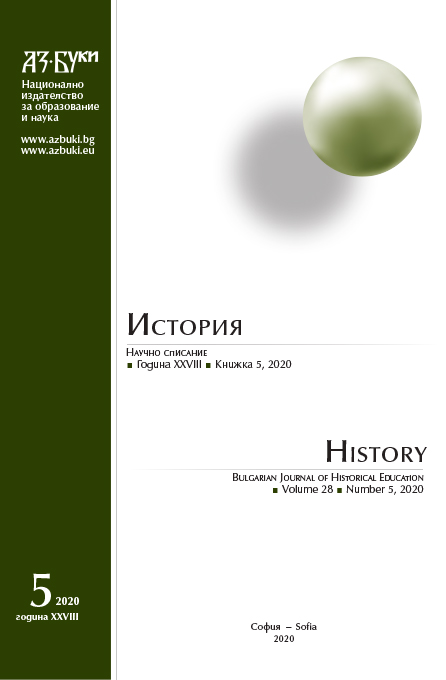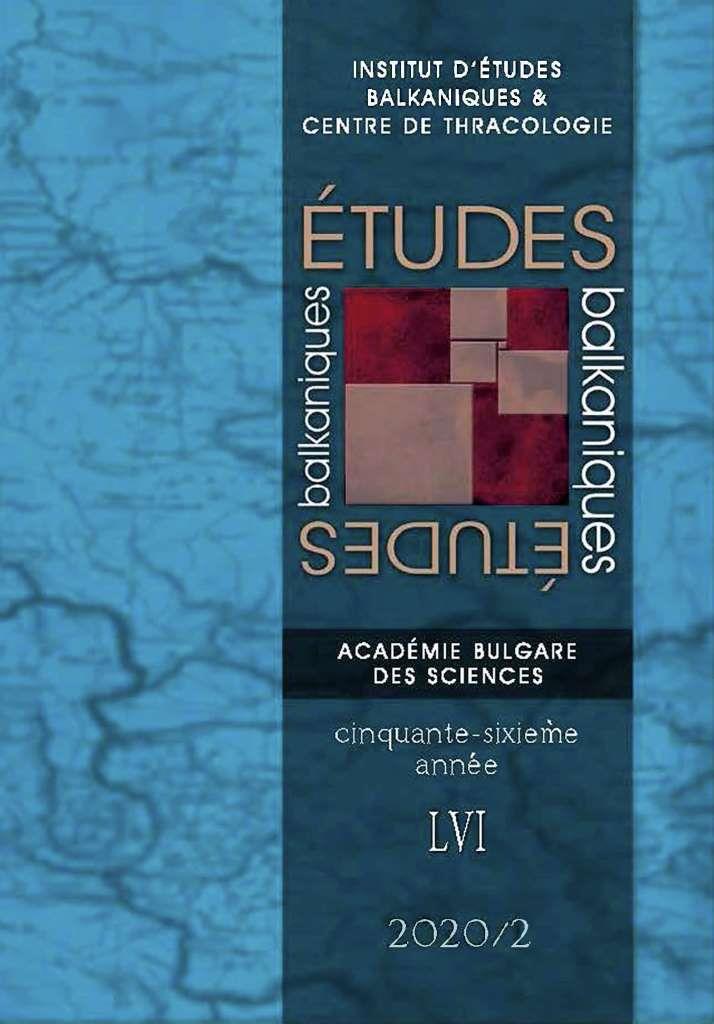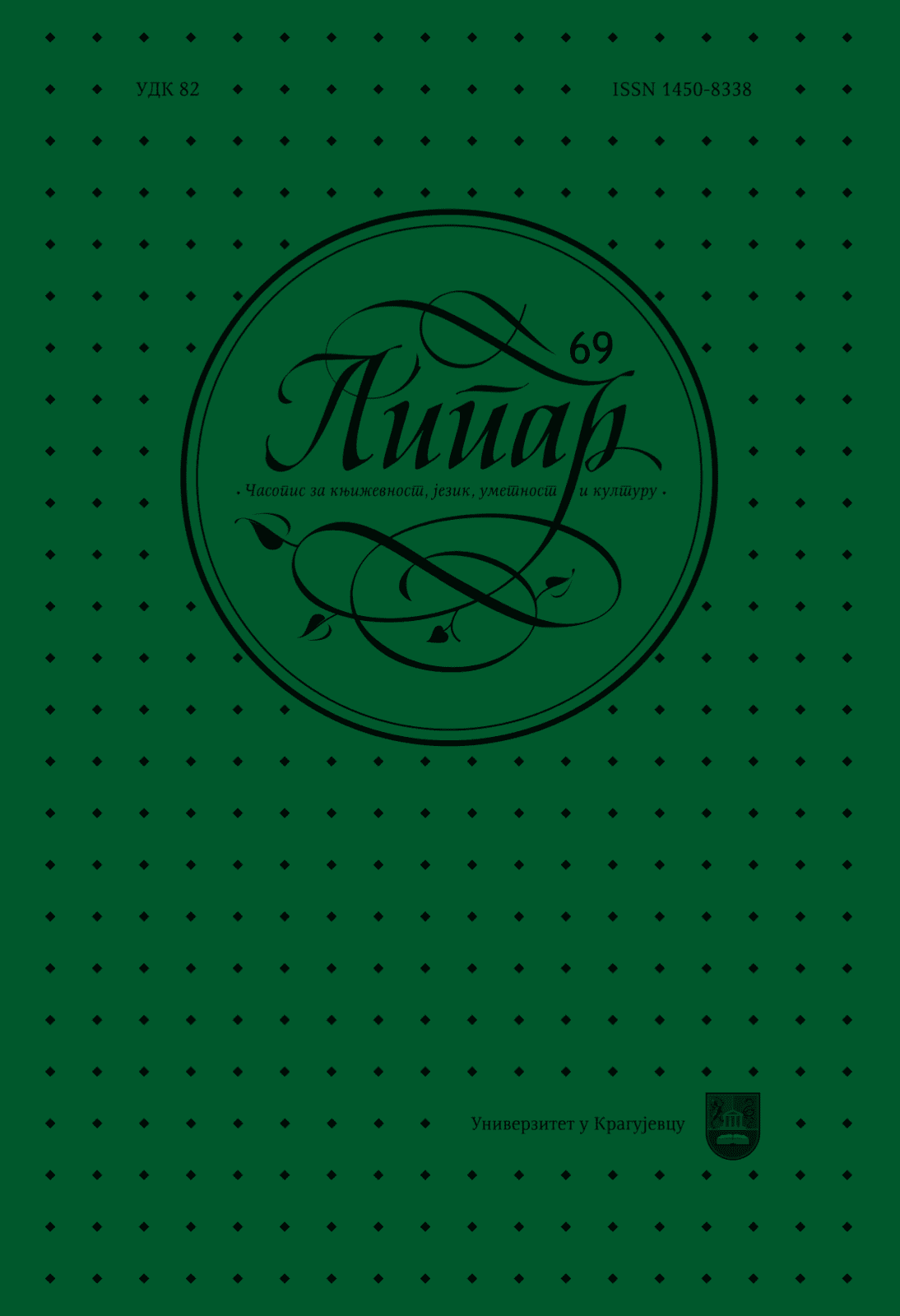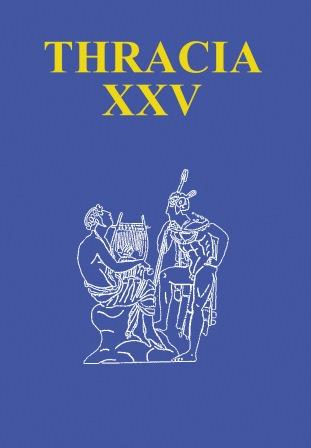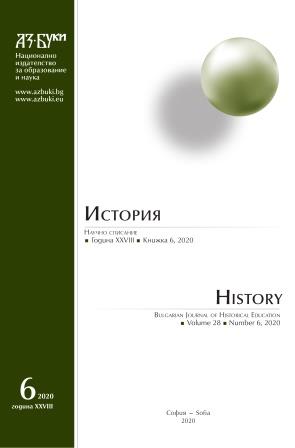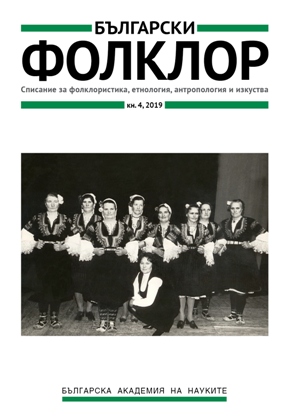
Интонационни модели на двугласно пеене от с. Брезница, Гоцеделчевско (По материали от съвременната брезнишка попрèлка)
Poprelka in the village of Breznitsa, Gotse Delchev Region is an event deeply related to the tradition as far as its model and content are concerned, but at the same time it represents the contemporary condition of the local culture. This is the place for the performance of the well-preserved, “living” traditional musical folklore in the natural environment. The article is an attempt to typologize the intonational models of women two-part singing in Breznitsa, which is interesting because of the still existing specifics of the ancient musical thinking in the present. The scholarly research on which the article is based was provoked by fieldwork observation allowing for the accumulation of detailed knowledge about the processes of development and change thus functioning as a key to the understanding of the immanent specifics of the traditional Bulgarian culture.
More...
